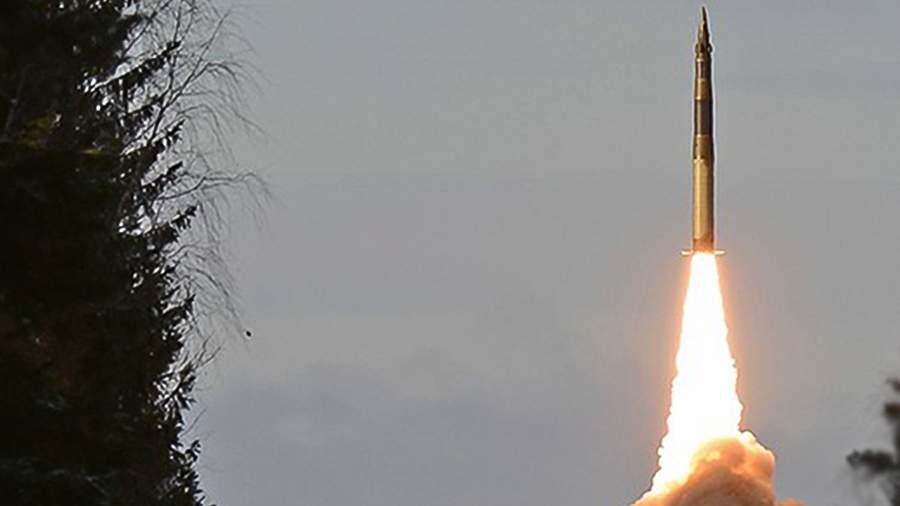Commander of the Strategic Missile Forces told about the testing of long-range missiles
- Новости
- Army
- Commander of the Strategic Missile Forces told about the testing of long-range missiles

The Russian Armed Forces have already conducted launches of intercontinental ballistic missiles at maximum range, but such tests will be conducted in the future. Colonel General Sergei Karakayev told the Krasnaya Zvezda newspaper in an interview on December 17.
"In modern Russia, such launches at maximum range have been conducted to assess whether their characteristics meet the specified requirements. They are carried out in the waters of the Pacific Ocean. <...> In terms of range, there is no place where our missiles will not reach. Within the framework of state flight tests of advanced missile systems, missile launches at maximum range are also planned," he said.
Karakayev also noted that Russia continues to develop new types of weapons. According to him, the new range of Sarmat and Osina strategic missile systems are no less effective than those already put into combat service. He pointed out that in the future it is planned to emphasize missile divisions that are equipped with mobile-based complexes. The colonel general called such complexes the most effective due to their high maneuverability.
"The deterrence missile grouping has been significantly strengthened over the past five years. <...> Among them, first of all, is the Avangard missile system, which has no analogues in the world combat missile engineering. I would especially like to note the completion of the rearmament of the mobile grouping from the Topol mobile ground-based missile system to the Yars, which has greatly simplified the issues of its operation. An important event in the history of the Strategic Missile Forces was the combat test of the Oreshnik medium-range missile system," Karakayev emphasized.
The colonel general also touched upon the Strategic Offensive Reductions Treaty (START) signed with the United States, which has been suspended for the time being. Karakayev noted that Russia has not denounced the treaty, which means maintaining the number of combat units with nuclear warheads at the level set by treaty limits until February 5, 2026.
"[This] does not exclude the likelihood of increasing the number of combat units on deployed carriers in response to similar actions by the United States," the colonel general pointed out.
Karakayev also mentioned the issue of informing U.S. authorities about ballistic missile test launches. According to him, Russia warns the U.S. at least a day in advance, and in response they also provide similar information.
Earlier in the day, Russian President Vladimir Putin, speaking at a meeting of the board of the Russian Defense Ministry, said it was necessary to launch serial production of the Oreshnik. The Russian leader noted that modern risks are associated with the US deployment of medium-range missiles in Europe and the Asia-Pacific region (APR).
The Russian president announced the combat test of the Oreshnik ballistic missile, one of Russia's newest medium-range missile systems, on Nov. 21. He explained that the move was a response to the escalation of the Ukrainian conflict by Western countries.
Afterward, on November 22, the head of state said that Russia would continue testing the Oreshnik, and that the decision to mass-produce the missiles had already been made. He also said that "Oreshnik" has 10 separating blocks that attack the target and everything in the epicenter of the explosion turns into dust.
Currently, the Russian side has suspended its participation in the START. This decision was announced by Russian President Vladimir Putin on February 21, 2023. He emphasized that Russia is not withdrawing from the treaty, but before returning to the discussion of the issue, it must understand how the START Treaty will take into account the arsenals of not only the United States, but also the arsenals of other NATO nuclear powers - Great Britain and France.
Переведено сервисом «Яндекс Переводчик»

